 BUDAPEST: Hungarian stocks jumped on Monday after Prime Minister Viktor Orban won a third term in Sunday's election, eliminating the risk of unpredictable policy changes, traders said.
BUDAPEST: Hungarian stocks jumped on Monday after Prime Minister Viktor Orban won a third term in Sunday's election, eliminating the risk of unpredictable policy changes, traders said.
There had been a slight risk that supporters of the fragmented opposition would unite in a sufficient number of constituencies to force the government out of power, but preliminary data showed that Orban's nationalist Fidesz party retained its two-thirds majority.
"The risk is out, the establishment has stabilised," one Budapest-based fixed-income trader said.
The Budapest Stock Exchange's main index rose by 1.2 percent by 0716 GMT, outperforming other Central European markets.
The rise was led by blue-chips, including oil group MOL and OTP Bank, as well as holding companies Konzum and Opus.
The latter two, in which Orban ally Lorinc Meszaros holds significant stakes, jumped almost 15 percent. Businessmen close to Fidesz have acquired stakes in major industries such as banking, energy, construction and tourism, profiting from EU funds.
The yield on Hungary's 10-year government bonds dropped 6 basis points to 2.45 percent.
The forint firmed by 0.1 percent to 311.85 against the euro by 0728 GMT, while the zloty was steady.
"Life goes on. The election met market expectations," one currency dealer said.
Orban has been at odds with Brussels and Berlin, as a leader of resistance in Central Europe to the European Commission's quotas to distribute migrants in the bloc.
But his policies, including tax cuts, have put the Hungarian economy on a growth path and cut reliance on foreign financing. An opposition win in the election would have caused uncertainty over policies, analysts have said.
Hungarian figures released on Monday showed an 838 million euro trade surplus in February, above analysts' forecast of 722.5 million euros.
The country's trade surplus has been a key support for the forint even though the Hungarian central bank, led by an Orban ally, has kept interest rates at record lows.
Inflation has been below the bank's target despite robust growth in wages across the region.
The Czech central bank, which has a lower inflation target, started to increase interest rates in August last year.
Its vice-governor, Mojmir Hampl, was quoted as saying on Sunday that the bank's 0.75 percent main interest rate could rise above 1 percent by the end of this year, sooner than its staff forecast predicted.
The Czech crown firmed slightly to 25.367 against the euro.
It shrugged off uncertainty over the future of the minority government of Prime Minister Andrej Babis after coalition talks between his ANO party and the Social Democrats broke off last week.





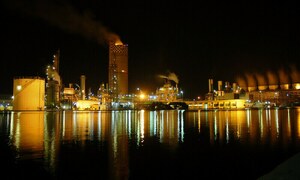
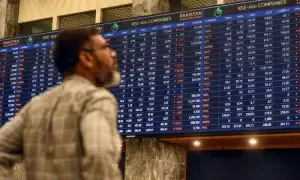
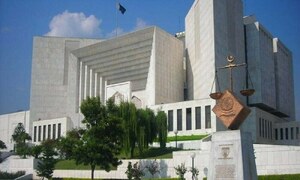





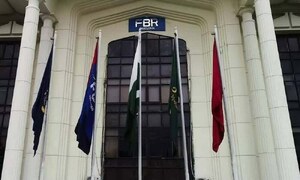



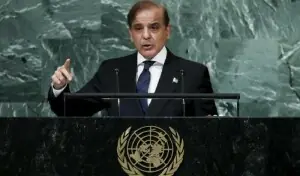


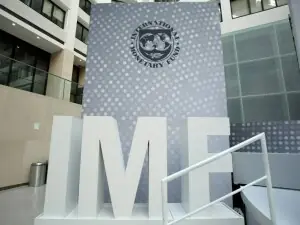
Comments
Comments are closed.